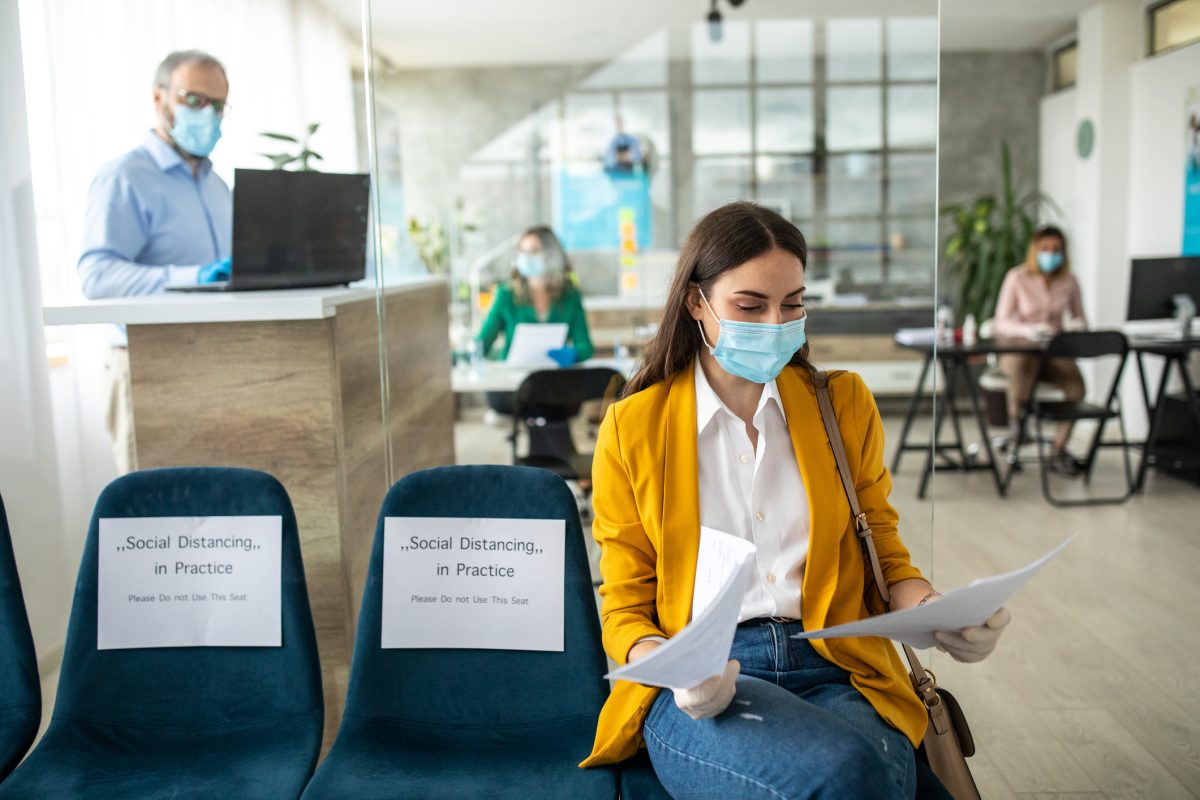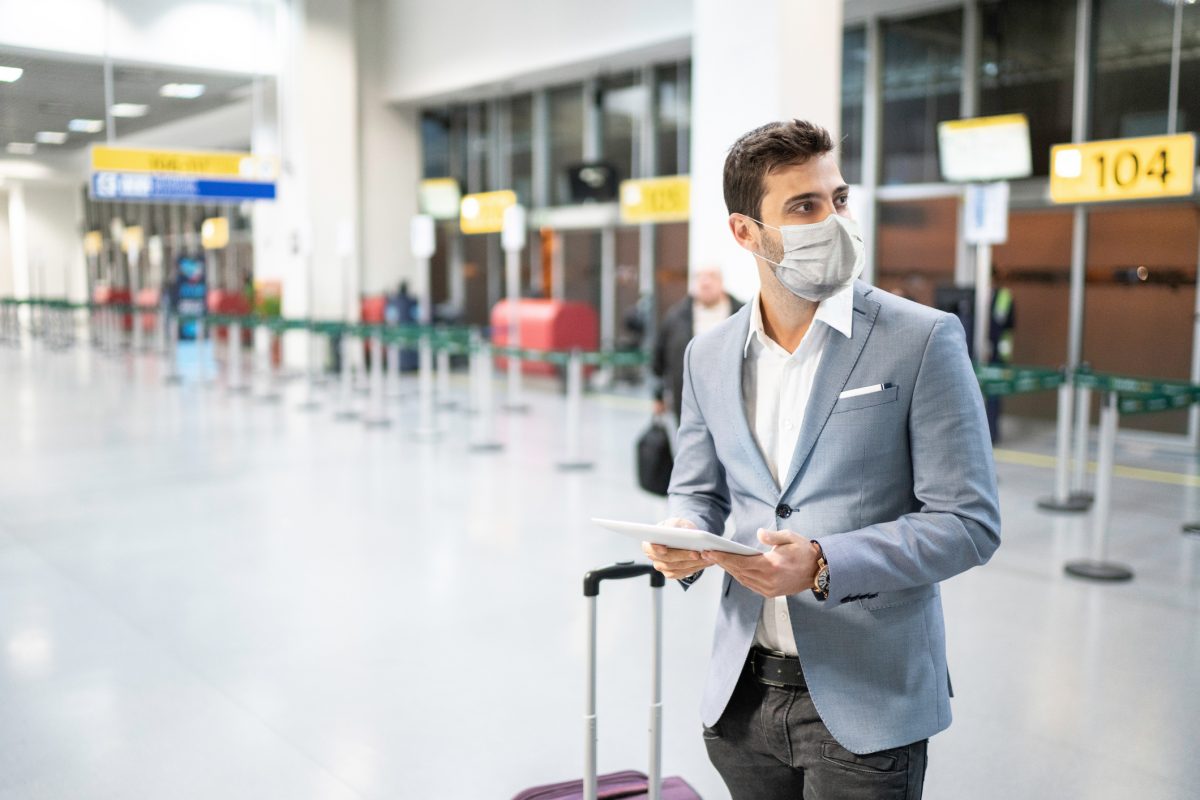Many companies are currently planning their return to workplaces safely following the initial phases of the COVID-19 pandemic. In some cases, this may require a significant investment in new equipment, training, and development of new processes. A number of issues should be considered to ensure employee safety, clear communication, and business continuity. Ultimately, flexibility may be the key concept that helps keep everyone focused on several important considerations.
Changing Expectations Impact Return to Workplaces Safely
As recently as June 2020, many senior executives expected up to 50% of their employees or more would return to workplaces safely. At that time, several states, counties, and cities had begun to enter the latter stages of their coronavirus reopening plans.
However, new cases continue to rise in various parts of the nation. The Conference Board published a survey that finds that only 28% of U.S. employees believe they will return to workplaces safely by the end of this year. In fact, the survey reports that 31% of employees are not comfortable returning.
Trust is Another Major Issue
Trust in how companies can ensure safety as they arrange for employees to return to workplaces safely is a major issue. According to Edelman, only 50% of employees believe office spaces are safe for them to return. Additionally, large numbers of employees have significant concerns relating to using or visiting the following everyday common activities:
- Public transportation
- Airlines
- Hotels
- Restaurants
- Doctor offices
- Dentist offices
- Health clinics
Many of the employees’ concerns relate to issues surrounding sanitation and cleanliness, as well as being in confined spaces with possible COVID-19 exposure.
Even though they may have concerns about their return to workplaces safely, many employees currently working from home do want to return. In a survey published at Digital.com, the majority of individuals working from home are eager to get back to their offices and facilities.
What Does This Mean for Companies Planning Their Return to Workplaces Safely?
Since many employees do want to return to workplaces safely, it is important for companies to address their concerns. There are many helpful resources that provide guidance for employers to ensure safety in all aspects of the working environment. The COVID-19 pandemic continues to be a major public health issue. As a result, employers should focus on communicating how they plan to keep employees safe in the workplace.
What Should Employers do?
Employers should create a project team that will develop plans for their return to workplaces safely. This team should research important resources and information in order to identify what will work best for their specific situation. Employers should retain flexibility in their plans to account for new information and changing expectations.
Employers should work with a Relocation Management Company (RMC) that has experience with corporate relocations and individual employee moves. RMCs with knowledge and experience can help employers identify valuable resources that will assist them with their planning efforts.
Conclusion
GMS’ team of domestic relocation experts understand how to arrange for group moves of offices, employees, and equipment. Our team can help your company understand how identify and address all of the issues involved in helping employees return to workplaces safely.
GMS was the first relocation company to register as a “.com.” The company also created the first online interactive tools and calculators, and revolutionized the entire relocation industry. GMS continues to set the industry pace as the pioneer in innovation and technology solutions with its proprietary MyRelocation® technology platform.
New SafeRelo™ COVID-19 Knowledge Portal
GMS recently launched its new SafeRelo™ COVID-19 Knowledge Portal featuring a number of helpful resources including:
- Curated selection of news and articles specific to managing relocation programs and issues relating to COVID-19
- Comprehensive guide to national, international, and local online sources for current data
- Program/Policy Evaluation (PPE) Tool for instant relocation policy reviews
Contact our experts online to learn more about how companies can plan for their return to workplaces safely, or give us a call at 800.617.1904 or 480.922.0700 today.


